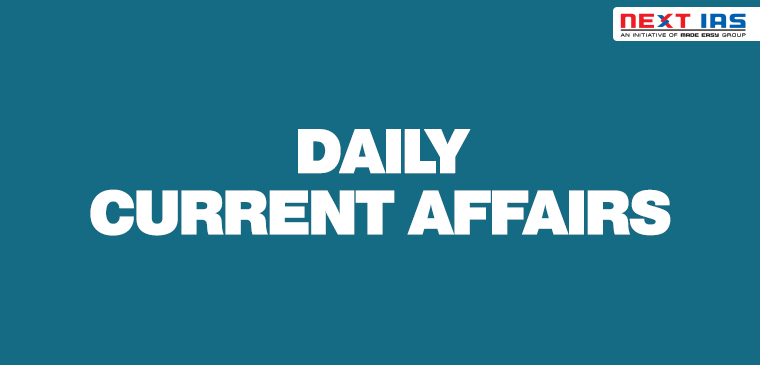
In News
India is party to 26 bilateral pacts to fight drug trafficking.
About
- India has signed 26 bilateral pacts, 15 memoranda of understanding and 2 agreements with different countries and international organisations to share information and security cooperation.
- These are signed for combating illicit trafficking of narcotic, drugs and psychotropic substances, besides chemical precursors.
Latest Developments
- Seizure Information Management System(SIMS):
- For digitisation of pan-India drug seizure data, the MHA has launched an e-portal called ‘SIMS’ in 2019 for all the drug law enforcement agencies under the mandate of Narcotics Drugs and Psychotropic Substances Act (NDPS)
- Border Strengthening for surveillance:
- Various other organizations have also been empowered under the NDPS Act for making drug seizures, like:
- Directorate of Revenue Intelligence,
- the Border Security Force,
- Sashastra Seema Bal,
- Indian Coast Guard,
- Railway Protection Force
- the National Investigation Agency.
- It has been done for preventing cross-border drug smuggling
- The forces are using the latest gadgets and equipment
- Various other organizations have also been empowered under the NDPS Act for making drug seizures, like:
Significance
- Gradual increase is seen in the registration of a number of drug trafficking cases in the country. This has happened due to:
- Sharp vigilance,
- effective surveillance,
- public cooperation,
- source-based intelligence,
- sensitisation of field officials
- Better coordinated results are being promoted by deploying various mechanisms, like:
- The Narco Coordination Centre (NCORD) mechanism was set up by the MHA in 2016
- It was set up for effective drug law enforcement and cooperation between centre and state agencies.
- This NCORD system has been restructured into a four-tier scheme up to district level on July 29, 2019, for better coordination.
Way Ahead
- International cooperation: Foster international cooperation for fighting the enduring problem of drug trafficking. The development of international accountability mechanisms and best practices would greatly increase interception capacity.
- Global monitoring: Enhance expert access to the dark web in order to take down online markets and platforms. Implement real-time data monitoring systems for promptly detecting and addressing drug market changes.
- People-centred Approach: Implement an integrated, people-centred and human-rights based approach to empowering African societies to develop sustainable solutions to drug use.
- Public-private partnerships: Improve government response to drug trafficking on the internet by forging public/private partnerships with internet service providers, tech companies, shipping and mailing companies.
- Awareness-raising and communication: Use fact-based information to raise awareness of the potential harm from non-medical use of cannabis. Need to close the gap between perception and reality by educating young people and safeguarding public health.
|
Narcotics Control Bureau (NCB)
|
Sources: TH
Previous article
Northern Ireland Protocol
Next article
Facts in News